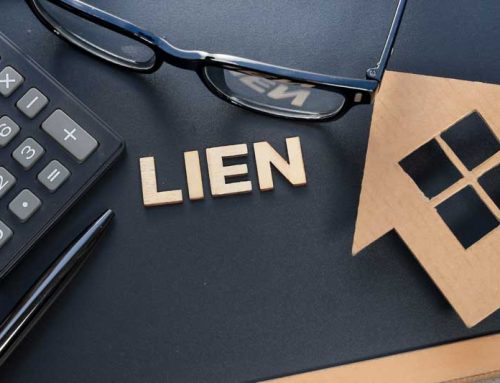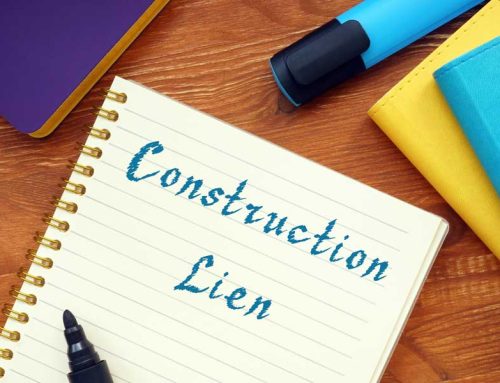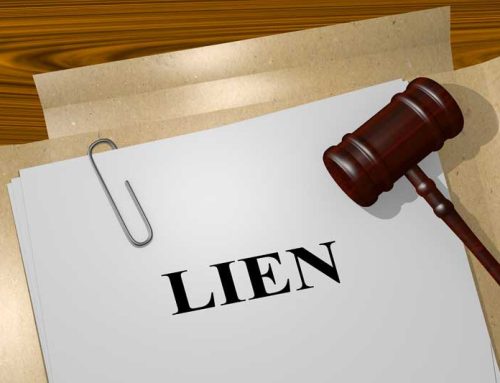Understanding Lien Waivers for Homeowners
In Lienguard‘s comprehensive guide, we will delve into the intricacies of understanding lien waivers for homeowners. A lien waiver is a crucial legal document used in the construction industry, providing protection to property owners and ensuring smooth project completion. We will explore the different types of lien waivers, their significance, and how property owners can use them to avoid potential risks.
Table of Contents
- Introduction
- What is a Lien Waiver?
- Importance of Lien Waivers for Homeowners
- Types of Lien Waivers
- Conditional Lien Waivers
- Unconditional Lien Waivers
- States with Mandatory Lien Waiver Forms
- The Role of Property Owners in Obtaining Lien Waivers
- Best Practices for Property Owners
- How Lien Waivers Benefit Construction Projects
- Understanding the Risks
- Common Misconceptions about Lien Waivers
- Conclusion
Introduction
As a property owner involved in construction projects, it’s crucial to understand lien waivers and their role in safeguarding your interests. In this article, we will provide you with a comprehensive overview of lien waivers, their various types, and why they are vital for you.
What is a Lien Waiver?
A lien waiver is a legal document that relinquishes a person’s right to file a lien against a property. Contractors, subcontractors, and suppliers typically use lien waivers to waive their rights to file a lien for the work or materials they have provided. By accepting a lien waiver, the parties involved acknowledge that they have received payment or other compensation for their services.
Importance of Lien Waivers for Homeowners
For property owners, lien waivers offer a crucial layer of protection. By obtaining lien waivers from contractors and suppliers, property owners can ensure that all parties involved in the project have been paid or compensated accordingly. This reduces the risk of facing unexpected liens, which could lead to legal disputes and delays in the project.
Types of Lien Waivers
Conditional Lien Waivers
A conditional lien waiver is issued before the contractor or supplier receives payment. This type of waiver becomes effective once the payment is processed. In essence, it confirms that the party will waive their lien rights upon receiving payment.
Unconditional Lien Waivers
Unlike conditional lien waivers, unconditional lien waivers take effect immediately, regardless of whether the party has received payment. By signing an unconditional lien waiver, the party gives up their rights to file a lien, even if they have not yet received compensation.
States with Mandatory Lien Waiver Forms
-
California
California is one of the states that require the use of specific lien waiver forms. The state has statutory lien waiver forms for both progress payments and final payments. It is crucial for contractors and suppliers in California to comply with these forms to protect their right to payment.
-
Texas
In Texas, using mandatory lien waiver forms is necessary to validate the waiver. There are four types of lien waiver forms in the state, including conditional and unconditional waivers for both progress and final payments.
-
Florida
Florida law mandates that construction participants must use specific lien waiver forms provided by the state. These forms include waivers for partial and final payments, and they are instrumental in securing payments.
-
Georgia
Georgia is another state that requires the use of statutory lien waiver forms. These forms are categorized into partial and final waivers and must be followed diligently by contractors and suppliers.
-
Arizona
In Arizona, using the statutory lien waiver forms is essential to ensure the validity of the waiver. Contractors and suppliers must comply with these forms to protect their right to payment.
-
Oregon
Oregon has specific statutory lien waiver forms for contractors and suppliers to utilize. These forms play a crucial role in facilitating smooth payment processes in the construction industry.
-
Nevada
Nevada requires the use of statutory lien waiver forms. Contractors, subcontractors, and suppliers need to adhere to these forms to safeguard their right to payment.
-
Mississippi
Mississippi is another state with mandatory lien waiver forms for construction participants. These forms help prevent payment disputes and ensure timely compensation.
-
Utah
In Utah, using statutory lien waiver forms is necessary to establish the waiver’s validity. These forms are vital in protecting the rights of contractors and suppliers.
-
Colorado
Colorado law requires the use of specific lien waiver forms to make the waiver legally effective. These forms are instrumental in avoiding potential disputes over payments.
-
Tennessee
Tennessee mandates the use of statutory lien waiver forms for various construction projects. These forms provide clarity on payment terms and conditions.
-
Washington
Washington is the final state on our list with mandatory lien waiver forms. Contractors and suppliers must adhere to these forms to ensure they receive timely payments for their work.
The Role of Homeowners in Obtaining Lien Waivers
As a property owner, it’s crucial to be proactive in obtaining lien waivers from all parties involved in the construction project. Ensuring that you have properly executed lien waivers from contractors, subcontractors, and suppliers will mitigate potential risks and liabilities.
Best Practices for Property Owners
To effectively protect your interests, consider implementing the following best practices:
- Timely Requesting of Lien Waivers: Request lien waivers from contractors and suppliers upon making payments.
- Verification of Information: Verify the accuracy of information in the lien waivers, including project details, payment amounts, and the parties involved.
- Recording Lien Waivers: Keep detailed records of all executed lien waivers for future reference.
How Lien Waivers Benefit Construction Projects
Lien waivers promote transparency and foster positive relationships among all project stakeholders. By ensuring that all parties have received proper compensation, construction projects can proceed smoothly without the looming threat of potential liens.
Understanding the Risks
While lien waivers offer significant protection, property owners should be aware of potential risks. In some cases, parties may fraudulently sign lien waivers without receiving payment, leading to potential disputes.
Common Misconceptions about Lien Waivers
Several misconceptions surround lien waivers. One of the most common misunderstandings is that lien waivers are unnecessary if payment has been made. However, lien waivers are essential even after payments to confirm that the parties have waived their lien rights.
Conclusion
In conclusion, lien waivers are a critical aspect of protecting property owners’ interests in construction projects. With Lienguard as your partner for lien management, you can rest assured that your investments are safeguarded, and your projects can progress without unnecessary risks.
Choose Lienguard for all lien needs and experience a streamlined, transparent, and secure lien waiver process. Embrace the power of Lienguard today and elevate your lien management to new heights!




